For decades, Japan has prided itself on being a leader in the automotive industry, pioneering just-in-time (JIT) manufacturing and leading the development of hybrid cars.
But a revolution is taking place, the world is gradually shifting from hybrid cars to electric vehicles (EVS), and this is making Japan extremely worried. "The shift to electric cars will be a huge transformation, there is no denying it. Our company will also need to make a strong change," said Sato Tomoyoshi, CEO of auto transmission supplier JATCO.
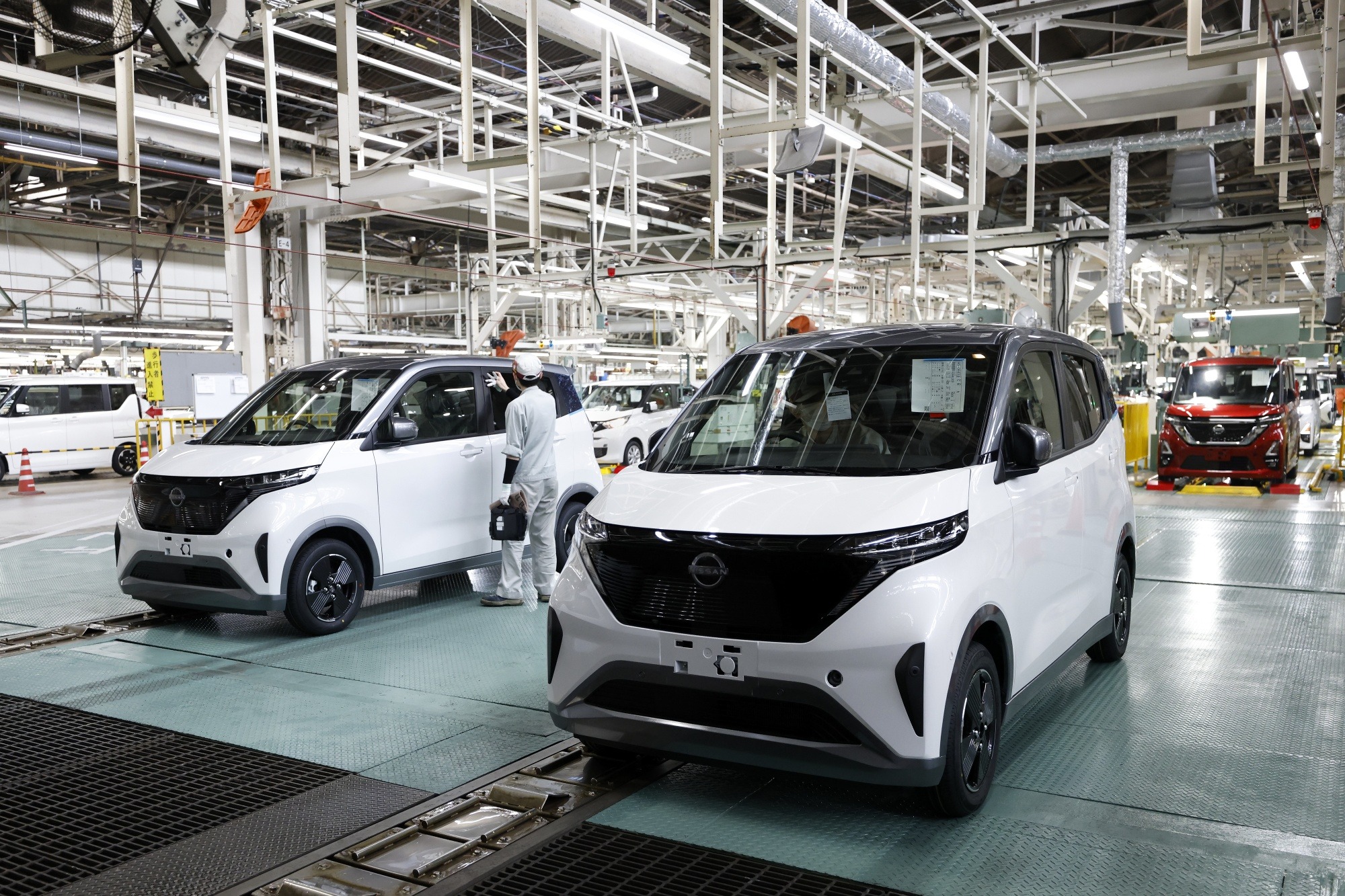
Japan is at risk of falling behind in the race to produce electric vehicles. Photo: Bloomberg
Falling behind the track
Japanese automakers have so far lagged behind in the race to produce electric vehicles, the fastest-growing product area in the auto industry. Battery electric vehicles and plug-in hybrids (phevs) will account for about 13% of all cars sold globally by 2022, up from 2.6% in 2019. In some markets, including China, the share is 20%, while in Japan, electric vehicles account for just 2%.
The companies leading the electric car race today are newcomers like Tesla and Chinese electric carmaker HYB, and established giants like Germany's Volkswagen.
Yet no Japanese automaker is in the top 20 for global EV sales, even though Nissan and Mitsubishi unveiled some of the world’s first EVs more than a decade ago. Toyota, the world’s largest automaker, sold just 24,000 of its 10.5 million EVs in 2022. Last year, Toyota was forced to recall a large number of its first EV, an SUV called the BZ4X, because of a hub bolt issue that could cause wheels to fall off.
Many fear that the incident could further derail Japan’s auto industry as a whole. Some are drawing parallels to the story of semiconductors and consumer electronics, two areas where Japan once led and dominated, then missed important trends abroad and was eventually overtaken by rivals.
A decline in the auto industry, which accounts for nearly 20% of Japan's exports and about 8% of its employment, would have huge economic and social impacts.
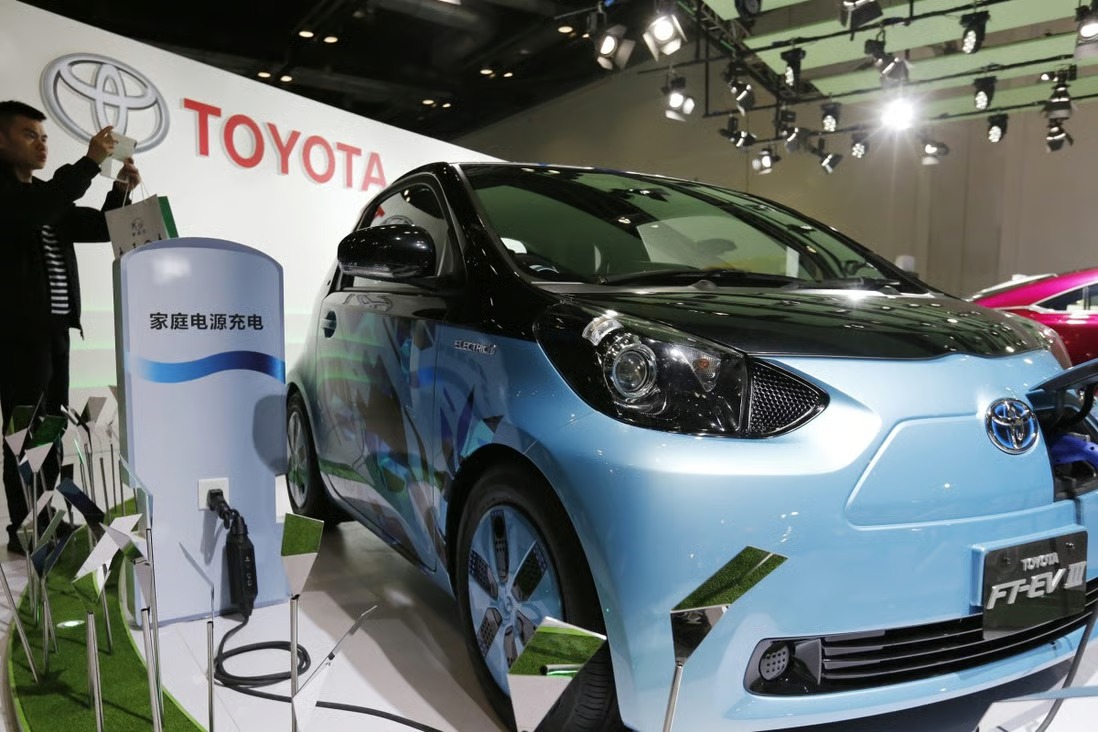
There are many reasons why Japan is lagging behind in the global electric vehicle production race. Photo: Kyodo
Reason
Japan's slow start in electric vehicles is partly due to its previous successes, or as Mr. Sato puts it, a classic case of the innovator's dilemma.
Industry leaders fear that pursuing a new technology could undermine areas where Japan leads, such as standard hybrid vehicles, which combine an internal combustion engine (ice) and an electric motor powered by a battery that harvests energy from regenerative braking (rather than charging with external electricity).
In addition, engineers at Japanese automakers, who have experience fine-tuning complex hybrid vehicles, are not impressed with electric vehicles, which are often mechanically simpler.
Additionally, operators are concerned about the impact of the EV conversion on their supplier networks, such as JATCO, as EVs require fewer parts and supplies.
Japan has also previously made a foray into hydrogen, another emerging carbon-free automotive technology. Toyota has asserted that hydrogen fuel cells will become the leading method for electrifying cars.
While hydrogen could play a big role in decarbonizing sectors that are hard to electrify, such as steel production or fueling trucks, so far the technology has not shown much potential as a technology to help electrify light-duty vehicles like electric cars.
Even in Japan, where hydrogen refueling infrastructure is well established, Toyota has struggled to sell its expensive Mirai, selling just 7,500 fuel cell vehicles in its home market.
Meanwhile, governments in China, Europe, and the Americas are increasingly subsidizing electric vehicles as part of their national climate policies. But Japan has not announced as many subsidies to encourage widespread adoption of electric vehicles. Subsidies for fuel cell vehicles in Japan are still much larger than those for electric vehicles.
In addition, strict regulations in the country have hindered the expansion of electric vehicle charging infrastructure. Japan has only about a quarter of the number of public electric vehicle chargers that South Korea has.
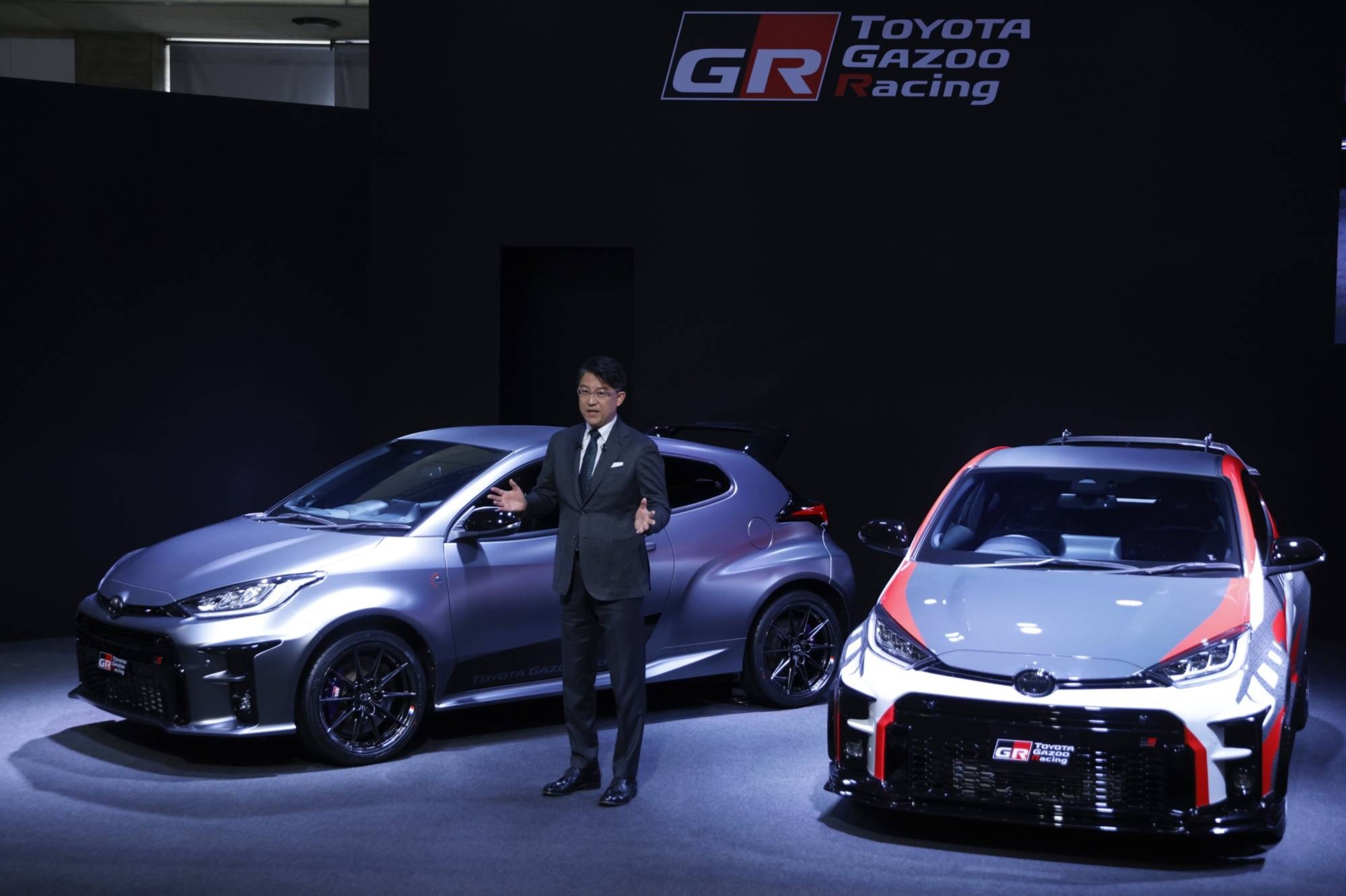
Japanese automakers are racing to catch up with foreign rivals in the electric car race. Photo: Bloomberg
Trying to catch up
Japanese automakers are racing to catch up with foreign rivals in the electric car race. Toyota has appointed a new CEO, Sato Koji, to lead the company’s electrification push. Earlier this month, Toyota announced plans to launch 10 new electric models and increase annual sales to 1.5 million by 2026. “We will thoroughly implement electrification and start working immediately,” Sato said.
Honda similarly plans to launch 30 electric vehicles by 2030, and announced last year that it had formed an electric vehicle joint venture with Sony. Honda also said this month it would restructure the company as “part of accelerating electrification.” In February, Nissan said it would launch 19 new electric vehicles by 2030, calling electrification “core to its strategy.”
Yongkang (The Economist)
Source


















































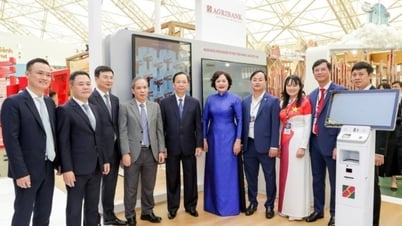


![[VIDEO] Petrovietnam – 50 Years of Keeping the Heritage Torch, Building National Energy](https://vphoto.vietnam.vn/thumb/402x226/vietnam/resource/IMAGE/2025/9/3/3f5df73a4d394f2484f016fda7725e10)

![[Photo] President Luong Cuong meets with Russian President Vladimir Putin](https://vphoto.vietnam.vn/thumb/402x226/vietnam/resource/IMAGE/2025/9/3/87982dff3a724aa880eeca77d17eff7f)



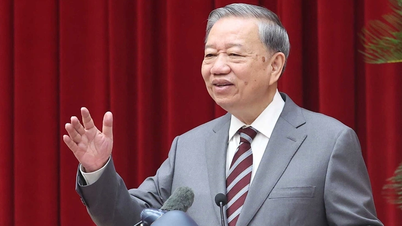







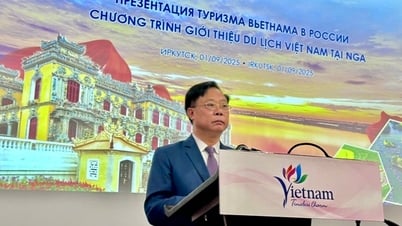


























Comment (0)